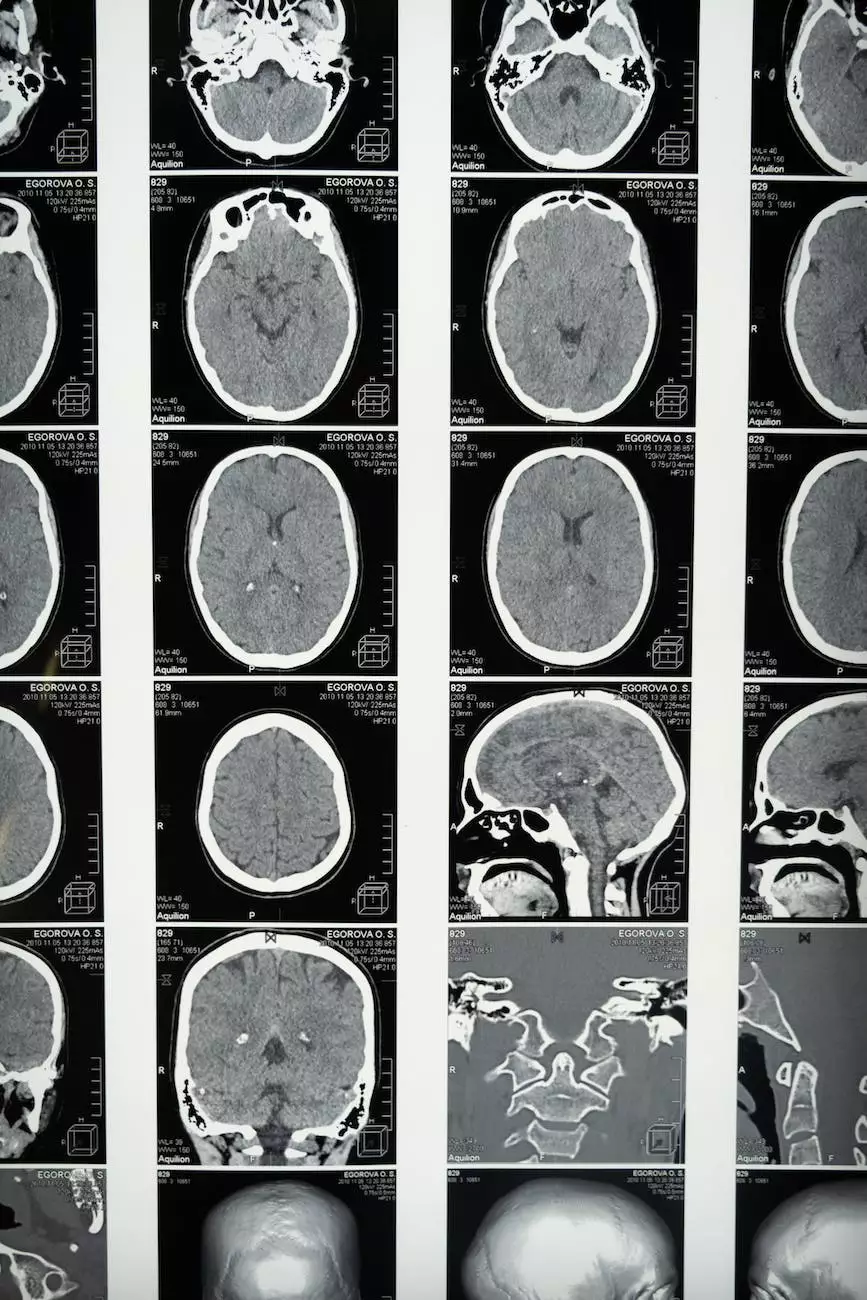Healthy Lifestyle Changes to Help You Get Your Cholesterol Under Control
Health
Introduction
Welcome to Muir Diablo Occupational Medicine, your trusted source for comprehensive information on maintaining a healthy lifestyle. In this article, we will provide you with valuable insights and recommendations on how to get your cholesterol levels under control through effective lifestyle changes.
The Importance of Managing Cholesterol
Cholesterol, a fatty substance found in the blood, plays a vital role in various bodily functions. However, elevated cholesterol levels can pose significant health risks, particularly when it comes to heart health. High cholesterol increases the likelihood of developing heart disease, heart attacks, and strokes.
Understanding LDL and HDL Cholesterol
Before we delve into the lifestyle changes you can make, it's essential to understand the two primary types of cholesterol: LDL (low-density lipoprotein) and HDL (high-density lipoprotein).
LDL Cholesterol (Bad Cholesterol)
LDL cholesterol is commonly referred to as "bad cholesterol" because high levels of LDL can lead to the buildup of plaque in the arteries, increasing the risk of heart disease. Managing LDL cholesterol is crucial for maintaining a healthy heart.
HDL Cholesterol (Good Cholesterol)
In contrast, HDL cholesterol is often referred to as "good cholesterol" as it helps remove excess LDL cholesterol from your bloodstream, reducing the risk of heart disease. Increasing HDL cholesterol levels is beneficial for overall cardiovascular health.
Top Healthy Lifestyle Changes for Managing Cholesterol
1. Maintain a Balanced and Nutritious Diet
Avoiding foods high in saturated and trans fats is key to managing cholesterol levels. Instead, focus on incorporating heart-healthy foods into your diet, such as:
- Fruits and vegetables
- Whole grains
- Lean proteins
- Healthy fats (e.g., avocados, nuts, olive oil)
2. Engage in Regular Physical Activity
Regular exercise can help raise HDL cholesterol levels while simultaneously reducing LDL cholesterol. Aim for at least 150 minutes of moderate-intensity aerobic activity or 75 minutes of vigorous activity each week. Additionally, incorporating strength training exercises can provide added cardiovascular benefits.
3. Maintain a Healthy Weight
Being overweight or obese can contribute to elevated cholesterol levels. Achieving and maintaining a healthy weight can significantly reduce the risk of heart disease and improve overall cholesterol profiles. Implementing a combination of a healthy diet and regular exercise is vital for weight management.
4. Quit Smoking
Smoking damages blood vessels, reduces HDL cholesterol levels, and increases the risk of heart disease. Quitting smoking not only benefits your cholesterol levels but also provides a multitude of other health benefits.
5. Limit Alcohol Consumption
Excessive alcohol consumption can lead to increased cholesterol levels. If you choose to drink, do so in moderation. For men, this means a maximum of two alcoholic drinks per day, while women should limit it to one drink a day.
6. Manage Stress Levels
Chronic stress can impact cholesterol levels and overall heart health. Find healthy coping mechanisms to manage stress, such as regular exercise, meditation, and engaging in hobbies you enjoy.
7. Get Regular Check-ups and Follow Medical Advice
Regular check-ups with your healthcare provider are essential for monitoring cholesterol levels and overall cardiovascular health. Follow their guidance and take any prescribed medications as instructed.
Conclusion
Taking charge of your cholesterol levels is crucial for maintaining a healthy heart. By implementing these healthy lifestyle changes, you can significantly reduce the risk of heart disease and improve your overall well-being. Remember, always consult with your healthcare provider for personalized advice tailored to your specific needs. At Muir Diablo Occupational Medicine, we are committed to providing you with the information and support you need to live a heart-healthy life.




